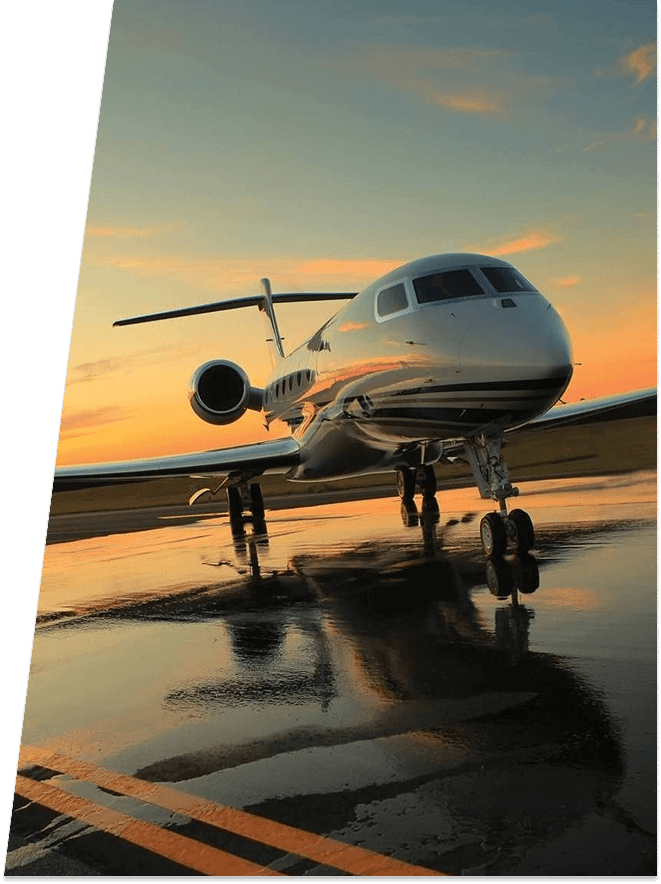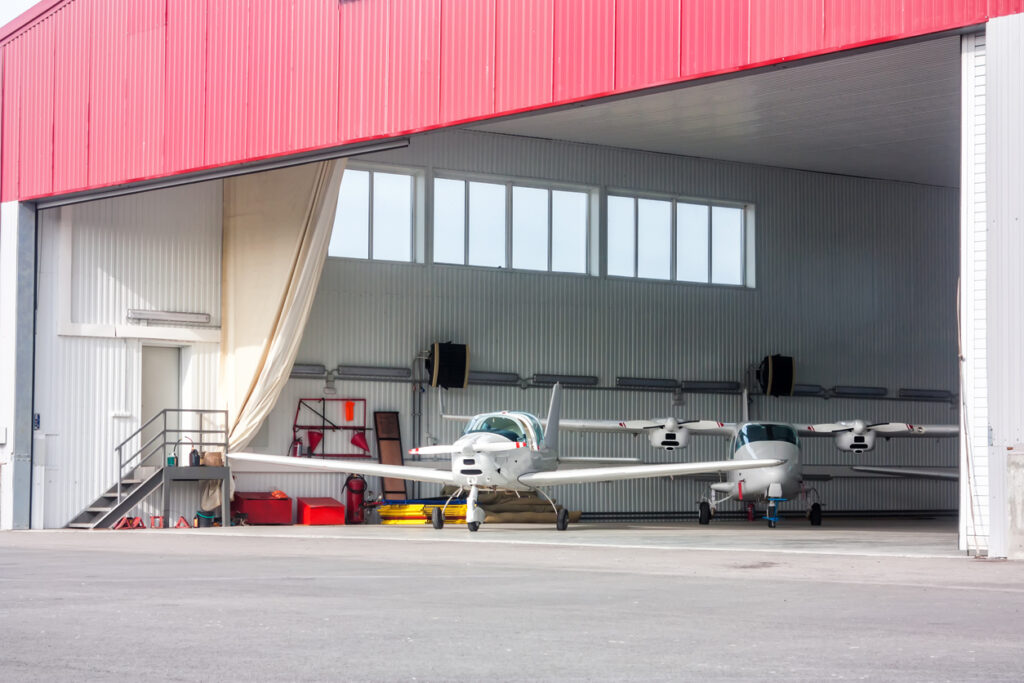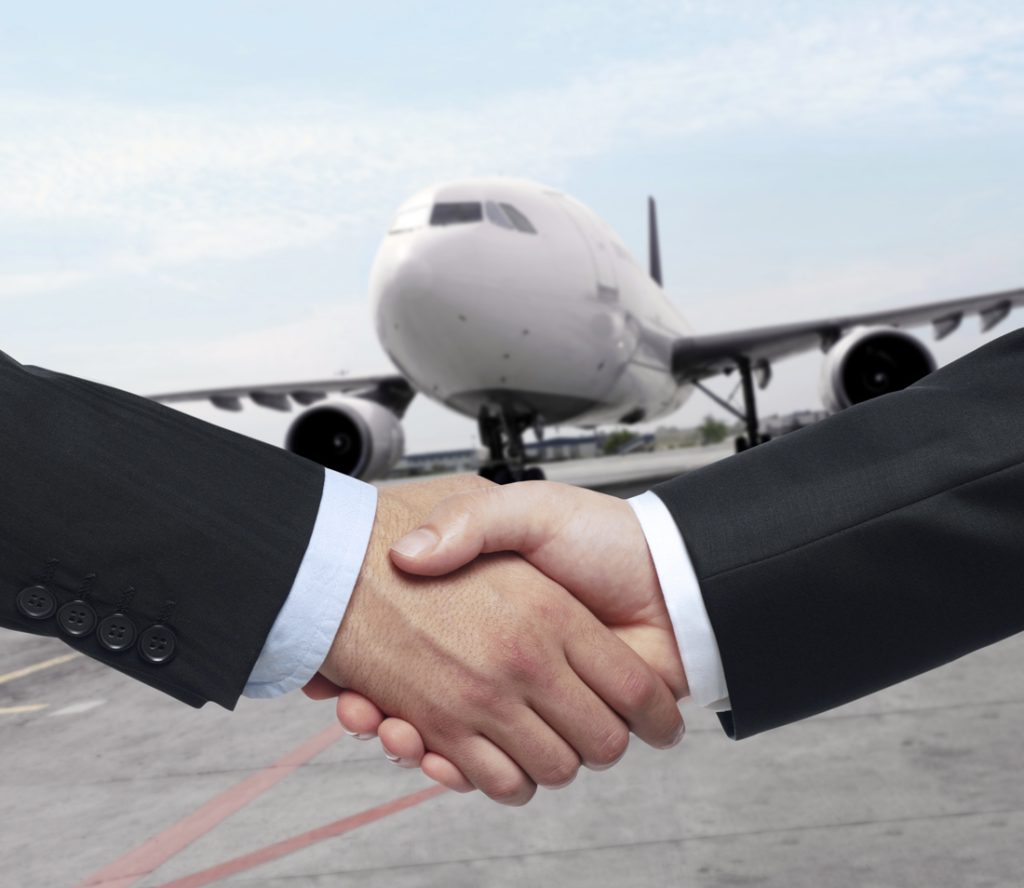
Frequently Asked Questions & Support
The Federal Aviation Administration, or the “FAA” is an arm of the Department of Transportation (DOT). It controls aviation business matters, including air traffic management and the certification of personnel and aircraft. The FAA sets the standard for airport conditions and protects U.S. assets during the launch of commercial space vehicles. The FAA issues directives and legal regulations to ensure the safety of all airplanes, including mandated correction for any unsafe conditions in an aircraft. This could include an aircraft’s plane, engine, propeller, or appliance. All operators must conduct business compliantly and follow the FAA’s guidance and provisions, and any certifications must be present in the aircraft.
An FBO stands for Fixed Base Operator (FBO). FBOs operate like private terminals and facilitate private jet and charter operations. Commercial companies are given access by an airport to work on the grounds and provide flight services, fuel, parking, and hangar space. FBOs offer three tiers that provide different accommodations depending on the amount of traffic and size of the airport, including pilot lounges, restrooms and shower facilities, catering, aerial photography, parking, pilot instruction, private jet charter, and much more. Smaller and less busy airports might only offer basic amenities, while more significant, commercial airports have a full suite of extras, like waiting rooms, in-flight catering, and other conveniences.
According to the FAA’s strict aviation provisions and regulations, every aircraft must be deemed “airworthy” to fly. A Standard Airworthiness Certification is the Federal Aviation Administration’s (FAA) official authorization regarding the operation of type-certificated aircraft, including normal, utility, acrobatic, commuter, transport, manned free balloons, and special classes. All operators must have a Standard or Special Airworthiness Certification to prove the safety and condition of the aircraft. It must be publicly visible to all crew members, inspection companies, and passengers in the cockpit or cabin. Certification delays can cost pilots thousands, sometimes millions of dollars, though an aviation lawyer can provide helpful counsel to avoid mistakes and complete the process.
Sometimes mechanics are the only thing standing between the aircraft and a potential problem if an issue is overlooked or not properly taken care of. Maintenance facilities aren’t always at fault. However, suppose a plane crashes, and people are injured or killed. In that case, repair shops are often part of the legal investigation to uncover any mistakes, errors, or other issues that might have caused an accident. Malfunctioning equipment is one cause of crashes, electrical wiring issues, fitting of wrong parts, mistakes, leftover loose objects, incorrect installation of fuel or oil caps, and other similar mistakes are often looked at in a plane accident case.
A fractional jet ownership arrangement affords one or more operators to share in jet ownership through shares or equity in the aircraft. With this arrangement, operators can use the plane for a certain number of hours each year, as outlined in the contract. An interest in an aircraft defines a fractional ownership agreement; shares are sold to multiple owners based on 800 occupied hours and sold in fractions. The cost is divided among the total number of co-operators, and each person is responsible for their operational share. In such an arrangement, flying time typically ranges between 50 and 400 hours, and most jet shares will become multiple of one-sixteenth.
Hangar rash results from an airplane accident or damage to an airplane while being towed in the hangar, moved, or elements inside the hangar that cause physical harm, including falling parts, debris, and weather. Hangar keepers are responsible for any liabilities and unexpected damages to a client’s aircraft. The damage to an airplane can cost thousands to millions of dollars, which also impacts a plane’s overall resale value. Operators often utilize our services when their aircraft has been damaged in hangar storage, a hangar keeper is involved in a lawsuit due to plane damage, or owners need to protect their business from false allegations and lawsuits.
Depending on how much you fly or if you have considered turning your aviation passion into a business, there are various ways to get started outside of an aircraft purchase. Consider purpose, expenses and costs, usage, and other similar factors. Aero Law Center helps operators purchase an aircraft, consider financing options, and adhere to regulations or alternatives such as leasing or fractional ownership. With wet or dry leases, leasing is affordable and accessible with the benefit of fixed monthly payments. Buying shares or equity in an aircraft through fractional ownership is a similar and approachable option if an outright purchase isn’t in the cards.
Contact Us For Your
Complimentary Consultation
Pilot consultations (enforcement actions, drug testing, FAA violations) are charged a $299 fee for an initial consultation. By submitting this form, I agree to receive emails, text messages, and phone calls regarding my legal inquiry, which may be considered advertising material. Emails, text messages, and phone calls may be automatically generated using the information from the above form to better coordinate communication. I understand my consent to this is not necessary to obtain legal services from Aero Law Center. MSG and Data Rates may apply.

